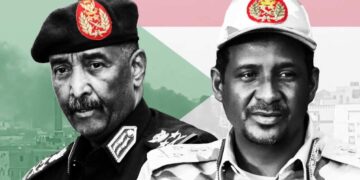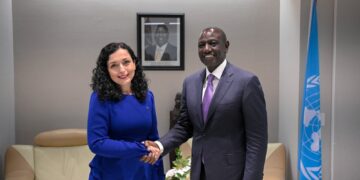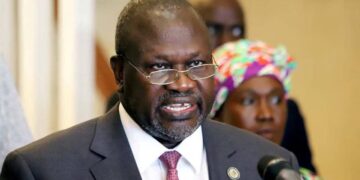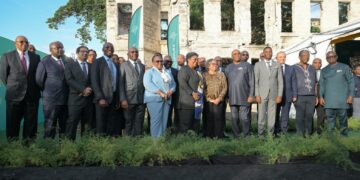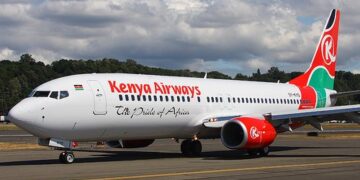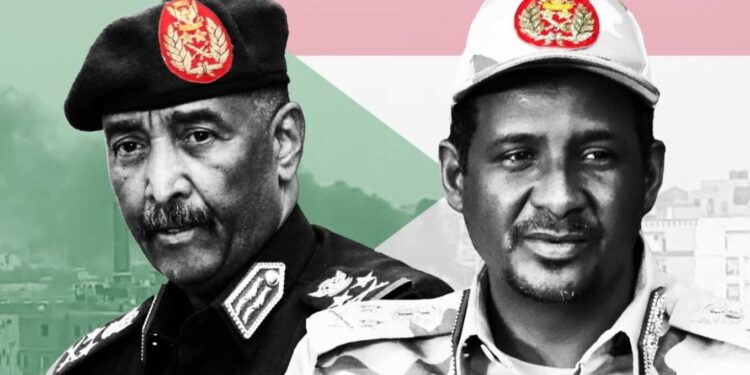Sudan’s recently implemented ceasefire seems to be holding, despite early violations of the agreement.
This marks a significant milestone as it is the first truce that has been officially agreed upon and signed by both factions.
There were initial reports of airstrikes and clashes in the capital city of Khartoum, when the ceasefire came into effect on Monday evening.
In the lead-up to the ceasefire, the army launched extensive air strikes targeting its paramilitary adversaries across Khartoum.
The nearby cities of Omdurman and Bahri also had concerned residents reporting hearing sounds of gunfire.
Shortly before the ceasefire was scheduled to commence, the Rapid Support Forces (RSF) released an audio message from their commander, Mohamed Hamdan Dagalo, also known as Hemedti.
In the message, he expressed gratitude towards Saudi Arabia and the U.S., while urging his troops to strive for victory.
“We will persist until we put an end to this coup,” Hemedti asserted.
Both sides have accused each other of attempting to seize power since the conflict began on April 15.
The ceasefire agreement has instilled hopes for a temporary reprieve in a devastating war that has uprooted nearly 1.1 million individuals from their homes, with over 250,000 seeking refuge in neighboring countries.
The situation poses a threat to regional stability, prompting concerns.
Volker Perthes, the United Nations’ special representative to Sudan, stressed that the ceasefire should facilitate civilian movement and enable crucial humanitarian assistance.
“While this development is encouraging, it’s important to note that fighting and troop movements have persisted even today, despite the commitment from both sides to refrain from seeking military advantage prior to the ceasefire’s implementation,” Perthes stated during his address to the United Nations Security Council in New York.
